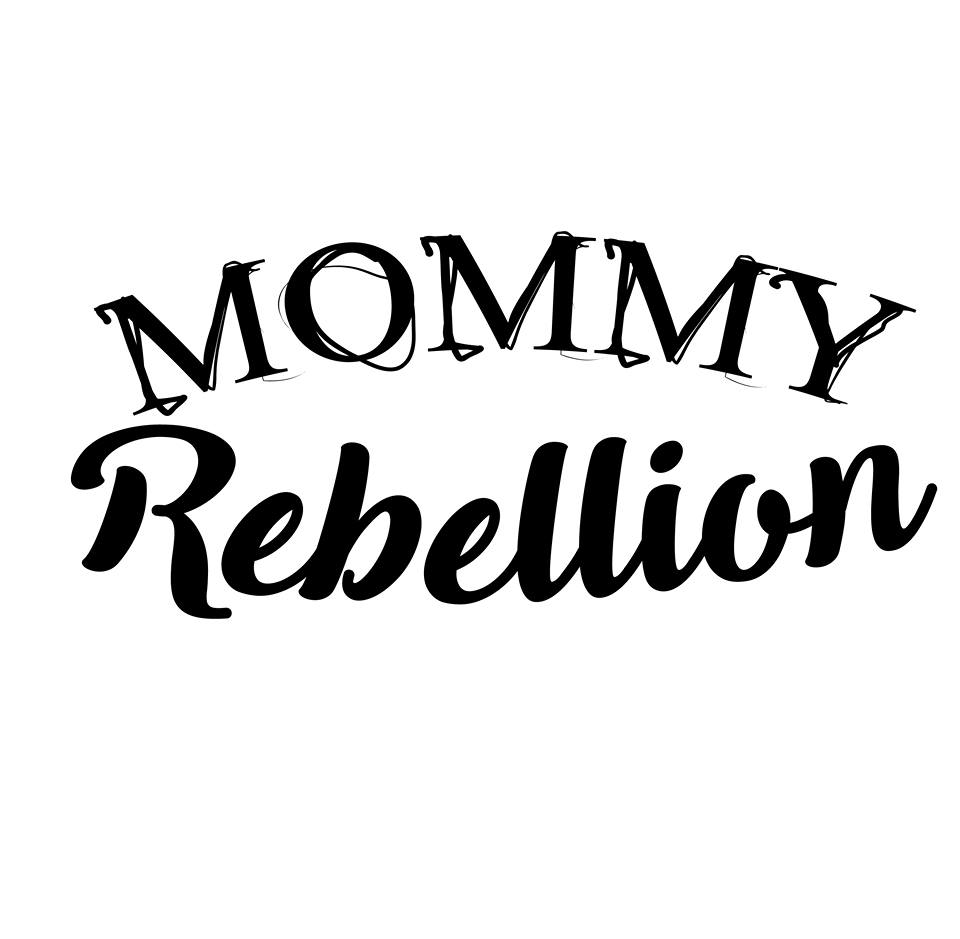Radical Unschooling: Kids Are People, Too
This week we continue understanding Unschooling with Nikki Starcat Shields.
Nikki explores radical unschooling and how you can raise your children with less instruction than you might think.
Join Nikki next week for part 3.

Have you ever really thought about the way we treat children in our culture? While we claim to protect and honor kids, often we treat them as second-class citizens. We spend a lot of time caring for our children, but how often do we focus on what they really want?
Last time we talked about unschooling as a way of approaching childhood education. The basic idea is that by following your child’s lead, she will learn more, be more creative, and will also be happier. Rather than a top-down, teacher-to-student type of learning, unschooling fosters discovery and encourages a child’s natural curiosity about the world.
Radical unschooling expands this philosophy into all aspects of your family’s life.
So, back to the way we collectively treat our children. Even the most liberal, caring, justice-seeking people tend to act like a dictator when it comes to their kids. We order children around, dole out punishment for transgressions, and generally act like we know what’s best for them in all aspects of their existence.
Why do we act this way?
We’ve been taught by our culture, and seen modeled in our own families of origin, that this is how you raise “good” children. It’s insidious. Even if we absolutely hated being treated that way when we were kids, once we have children we hear ourselves yelling things that we swore would never come out of our mouths.
We tend to default to parenting the way we were parented.
It’s understandable, in some ways. Parenting is hard work. It comes with a zillion and one responsibilities. And yes, when our kids are young, we are responsible for keeping them from running into the street or eating gross stuff they find on the ground. We have to keep them safe.
But there’s a huge difference between keeping your kid safe and dictating her every move.
Kids are people, too. Inexperienced people, granted. But like us, they have their own inner wisdom – and sometimes they are able to hear it much more clearly than adults, as they don’t have the baggage of a lifetime of conditioning. Our kids have preferences, passions, and dislikes.
Radical unschooling encourages us to partner with our kids around the way we live and learn together. If you’re familiar with attachment parenting, radical unschooling is a natural extension of that.
It requires a certain level of awareness, and more discussion than authoritarian parenting. Your role is to work with your kids on the tasks of everyday life – eating, bathing, sleeping, and yes, even the dreaded “screen time.”
Here’s a good question to ask yourself when thinking about your relationship with your child: “Would I speak to my partner or best friend the way I speak to my kid?”
If the answer is “no way,” then you have a choice to make.
You can continue as you have been. Or you can take a look at your relationship with your kids, and see how you can open things up. Do some reading about radical unschooling. Look at those areas of life that feel like a constant battle, and pick one. Start to bring more freedom into that part of your family’s life.
What if your child could choose his own meal, or her own bedtime routine? It would empower them, and take the pressure off you, as well.
If the notion of radical unschooling appeals to you, take a few minutes to research it further. In next week’s post, I’ll share how this philosophy has affected my own family’s life. Spoiler alert: my grown kids are awesome people!

Nikki Starcat Shields is a Mom, published author, Reiki healer, and licensed priestess. She blogs at Starcat’s Corner and shares her callings at Feline Dreamers. Want to learn more about how to create a daily spiritual practice that works in your life?
Check out her It’s Your Time video.






Recent Comments